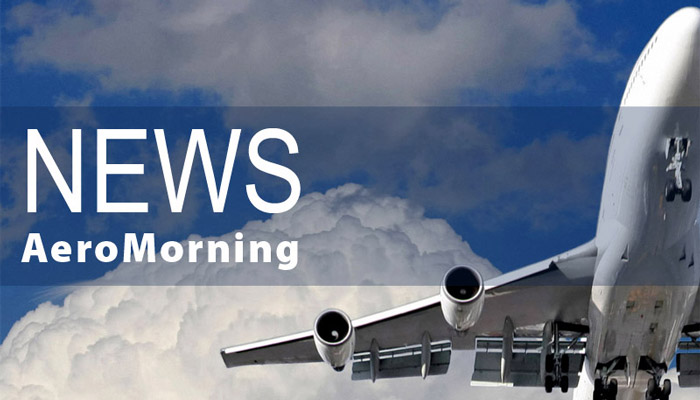Santa Clara, Calif. – December 12 – Frost & Sullivan forecasts the total number of satellites to be launched during the period 2019 to 2033 to be 20,425, with North America leading the way, followed by Europe. Such demand could take the small-satellite launch services market past the $28 billion mark by 2030 and present significant growth opportunities throughout the industry. To keep up with market requirements, Frost & Sullivan anticipates high-volume demand for component manufacturers, dedicated launch service providers and low-cost ground station services. Government agency investment in R&D, capacity purchase, public-private partnerships, and establishing the enabling regulatory framework will be significant enablers for new entrants and established players.
“With the successful launch of Space Exploration Technologies Corp (SpaceX)’s 60 satellites and One-Web’s six test satellites, momentum has been built for further constellation installations. In addition, H1 has witnessed favorable test launches of small constellation players like Astrocast and NSLCom,” said Prachi Kawade, Research Analyst, Space, Frost & Sullivan.
Frost & Sullivan’s recent analysis, Small Satellite Launch Services Market, Half-yearly Update, H1 2019, Forecast to 2033, tracks the number of small satellites, payload mass, and launch revenue on the basis of defined scenarios, satellite mass classes, and user segments. The study also includes the launch capacity forecast for both rideshare and dedicated launch services; it analyses the alignment between the small satellite launch demand and capacity supply across Africa, Asia-Pacific, Central Asia, Europe, Latin America, the Middle East and North America.
For further information on this analysis, please contact Jacqui Holmes on jacqui.holmes@frost.com
Our experts have identified the following areas that represent growth opportunities for market players:
- The small satellite launch services market will keep expanding with a key upturn in 2024 due to the overlap of new installations and replacement satellites.
- Small satellite payload mass demand is observed to be the highest in the 150-500 kg mass segment, accounting for 82% of the total.
- A 32-fold increase in the payload mass supply, from 249.42 tonnes in 2019 to 7,983.25 tonnes in 2030, will be mainly driven by the dedicated launch services attempting to have multiple launches per year, with improved manufacturing capability.
- The demand will continue to grow for communication applications in both replacement and new installation phases. The cumulative share of satellites for communication applications is 46%; Earth observation accounts for 28% and IoT applications for 23%.
Dedicated launch services providers are still transitioning to continue to service their customer base in a timely manner. Transitions include serial manufacturing facilities and better methods for test and evaluation to increase inventory in line with demand.
“Serial production and rapid manufacturing will play a pivotal role in meeting market demands. To ensure the success of the industry, it’s imperative that launch frequency, inventory and manufacturing capability are optimized,” noted Kawade.
Small Satellite Launch Services Market, Half-yearly Update, H1 2019, Forecast to 2033 is part of Frost & Sullivan’s global Space Growth Partnership Services program.
About Frost & Sullivan
For over five decades, Frost & Sullivan has become world-renowned for its role in helping investors, corporate leaders and governments navigate economic changes and identify disruptive technologies, Mega Trends, new business models and companies to action, resulting in a continuous flow of growth opportunities to drive future success.







Be the first to comment on "Small-satellite Launch Service Revenues to Top $28 Billion by 2030"